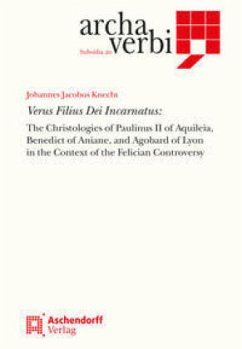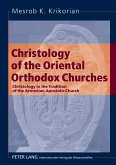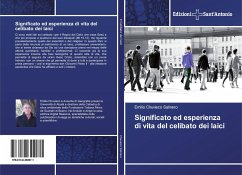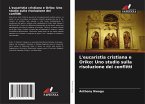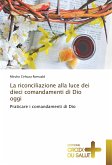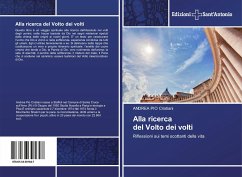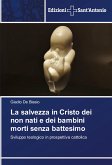In this study, Johannes Knecht argues that the Carolingian responses to the Christology of Felix of Urgel and Elipandus of Toledo should be taken seriously. Reacting to some modern proposals, Knecht suggests that in the work of Paulinus II of Aquileia, Benedict of Aniane, and Agobard of Lyon one encounters a thoroughgoing and in-depth engagement with the Christology of Felix and Elipandus. Especially when considered from the wider Hispanic and Frankish theological milieu, the ultimate conclusion that Felicianism represents a form of either Arianism or Nestorianism is warranted. Regarding the Carolingians' own Christologies, Knecht suggests that a Neo-Chalcedonian reading of Chalcedon inspired their Christological programme and that attempts are made to unite 'Cyrillian' descriptions and understandings of Christ with the sensibilities of those in the West-a particularly strong loyalty to thinkers like Augustine, Hilary, and Fulgentius. It highlights and discusses the idiosyncracies of each thinker in their own right and shows how their particular methods are employed to counter the Felician notion that Christ, secundum humanitatem, should be considered as an adoptivus Filius Dei.

